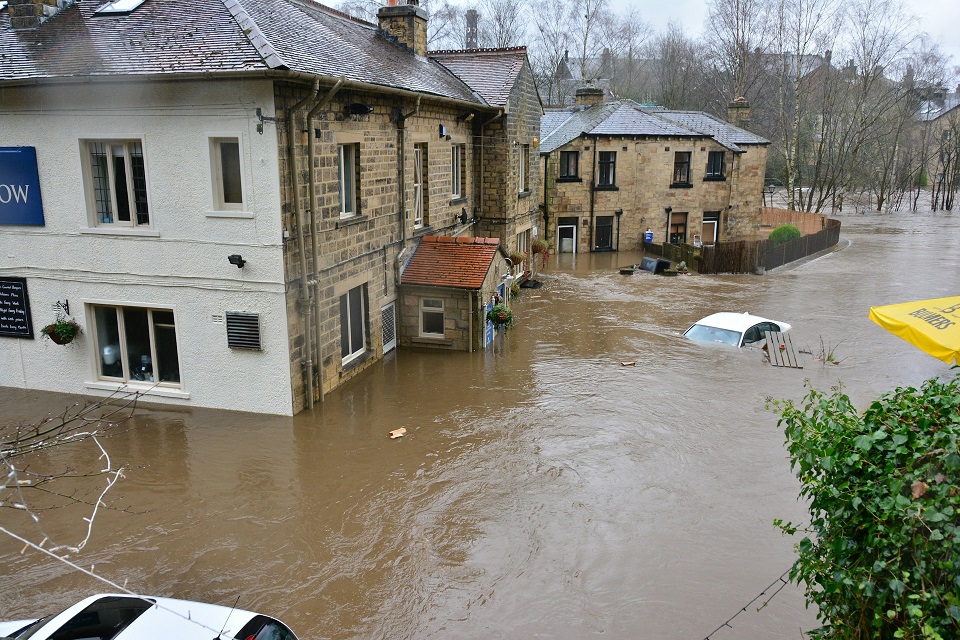GAD advises HM Treasury on climate scenarios
GAD provided recommendations for HM Treasury's guidance on climate scenario analysis for government and public bodies. We looked at approaches for each factor.

Credit: Shutterstock
The Government Actuary’s Department (GAD) has provided recommendations to HM Treasury (HMT) to help it set guidance on climate scenario analysis for government and public sector bodies.
We have provided recommended approaches for each of the factors that contribute to scenario analysis and assessed these against HMT’s objectives for scenario analysis. This advice will feed into HMT’s Taskforce on Climate-related Financial Disclosures (TCFD) requirements and guidance to public entities completing scenario analysis.
TCFD reports are designed to be incorporated into annual reports and accounts. They provide relevant information on the potential impact of climate risks on an organisation and how the organisation is managing these risks.
Consulting experts and those affected
Under TCFD guidance for the public sector, relevant central government departments must complete and report this type of climate scenario analysis in 2025 to 2026. As part of this process, HMT will release guidance on what is required and why, and GAD’s analysis and recommendations will feed into this.
In preparing our advice (FRAB 152 (02) Appendix 2), GAD considered the current TCFD scenario analysis reporting landscape and spoke to a range of interested parties across the public sector including:
- government departments which are experts in, and set policy around, climate change, including the Met Office, Climate Change Committee, Defra and the Department for Energy Security and Net Zero
- early adopters of TCFD-aligned disclosure and climate scenario analysis
Research, analysis, and recommendations
GAD carried out research into climate scenario analysis regulations, guidance and best practice, and provided recommendations that should be covered in guidance.
We identified 8 factors that we believe are important should be considered in completing scenario analysis.
These included how to choose the right scenarios, whether to calculate the size of the impacts and how often it needs to be carried out.

Impact of flooding. Credit: Unsplash
Reduce complexity
Report co-author, actuary Eva Grace said: “We have provided information and analysis to support HMT’s excellent work in setting TCFD guidance for government entities.
“This should lead to greater consistency of analysis and reduce complexity for users of the guidance. Some users may be working outside of their expertise and considering climate impacts and scenario analysis for the first time.”
HMT said of the project: “GAD has experience with climate-related disclosures for existing customers across central government. This, alongside its technical expertise (in modelling, risk assessments and applying climate scenarios analysis), drove insightful, tailored, and useful advice which has been presented to the Financial Reporting Advisory Board for consideration.
“Interpreting and adapting TCFD-aligned disclosures in a UK public sector context will drive better decision-making across the sector, supporting the government’s co-ordinated response to climate change, and the transition to net zero.”
Next steps
HMT will use GAD’s recommendations to inform the TCFD scenario analysis guidance for all government entities. We will continue to work with HMT to formulate this guidance and test it with users.
GAD will also propose a training programme for the roll out of the strategy guidance to government entities.